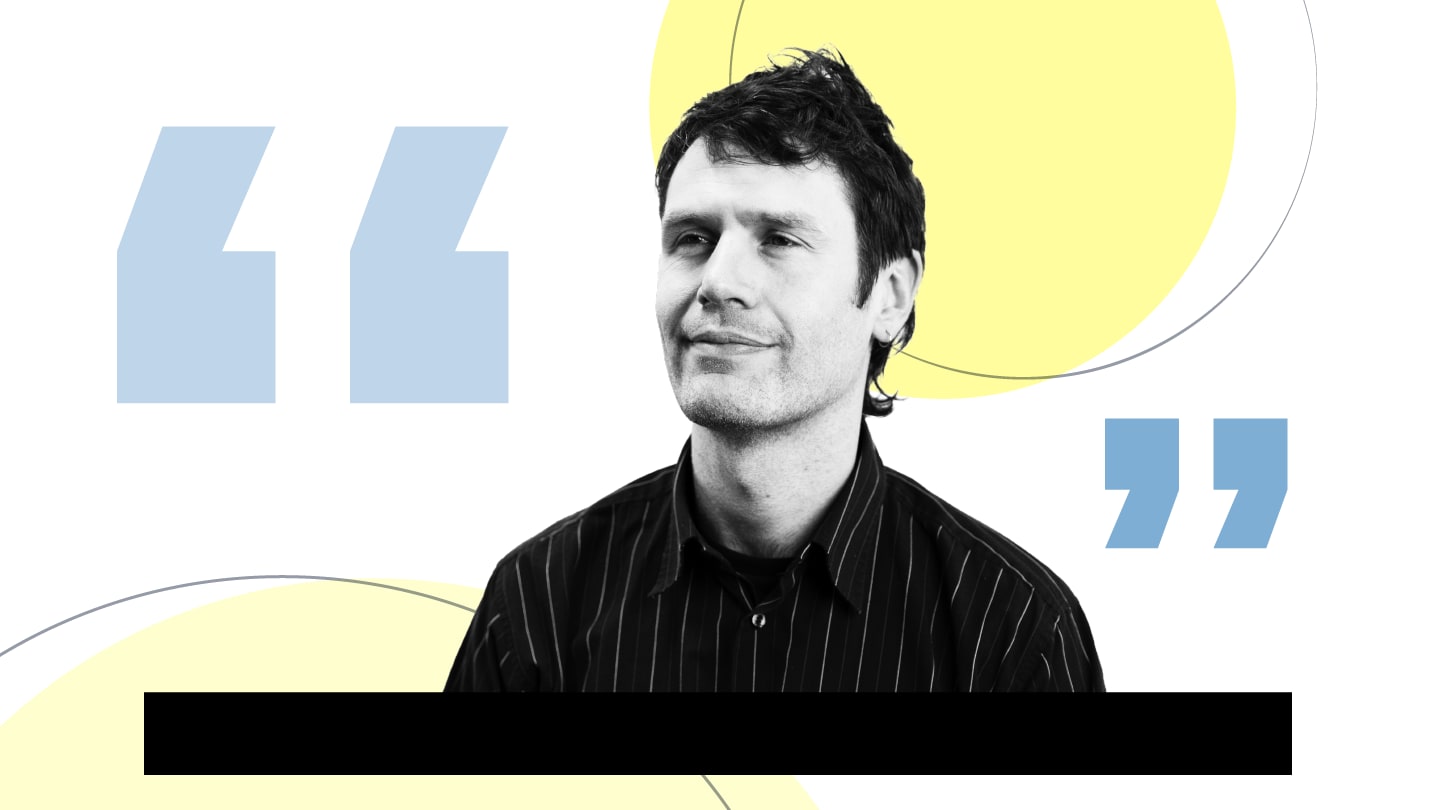
For the last few months, I’ve been exposed to the global aspects of ophthalmology – and ways in which we might consider these global ingredients of the industry – in more ways than one.
First was at the ESCRS (European Society of Cataract and Refractive Surgeons) meeting in Copenhagen this September, where I was fortunate enough to attend a symposium titled “How to get involved in Global Humanitarian Work.” Moderated by Bonnie An Henderson, the sessions included presentations by Ann Sofia Skou Thomsen (“Preparing for International Work”), Van Charles Lansingh (“WHO Indicators and Targets for Prevention of Blindness Cataract Projects”), and Elena Barraquer (“Elements of a Successful Humanitarian Program” – as evidenced by Barraquer’s titular foundation).
It was an interesting series of presentations, with a thematic emphasis on both fledgling and established ophthalmologists focusing on the volunteer work they might undertake during their careers. Unfortunately (and perhaps tellingly), in comparison to some of the other highlighted ESCRS events on the program, the event was sparsely attended.
Back in the UK, I then interviewed Helen Nuskind, Global Development & Surgical Innovations Director of global non-profit organization, Eversight. Nuskind spoke about the company’s role spearheading the launch of the Cheikh Zayed Foundation Eye Bank (CZFEB) in Rabat, Morocco’s first regional eye bank. It’s a substantial development for the country, one that could hopefully mean improved access to corneal transplantation and better eye health throughout the broader North African landscape.
First was at the ESCRS (European Society of Cataract and Refractive Surgeons) meeting in Copenhagen this September, where I was fortunate enough to attend a symposium titled “How to get involved in Global Humanitarian Work.” Moderated by Bonnie An Henderson, the sessions included presentations by Ann Sofia Skou Thomsen (“Preparing for International Work”), Van Charles Lansingh (“WHO Indicators and Targets for Prevention of Blindness Cataract Projects”), and Elena Barraquer (“Elements of a Successful Humanitarian Program” – as evidenced by Barraquer’s titular foundation).
It was an interesting series of presentations, with a thematic emphasis on both fledgling and established ophthalmologists focusing on the volunteer work they might undertake during their careers. Unfortunately (and perhaps tellingly), in comparison to some of the other highlighted ESCRS events on the program, the event was sparsely attended.
Back in the UK, I then interviewed Helen Nuskind, Global Development & Surgical Innovations Director of global non-profit organization, Eversight. Nuskind spoke about the company’s role spearheading the launch of the Cheikh Zayed Foundation Eye Bank (CZFEB) in Rabat, Morocco’s first regional eye bank. It’s a substantial development for the country, one that could hopefully mean improved access to corneal transplantation and better eye health throughout the broader North African landscape.
All of these events – diverse but not dissimilar – served to remind me that ophthalmology and eye disease are always going to be global concerns, limited only to an extent by the geographical boundaries placed by governments and funding allowances.
Around this time we also started work compiling our annual Global Education Impact feature, aimed at showcasing some of the known (and lesser known) institutions and programs involved in tackling global eye care inequity. From Armenian and Polish-based non-profits aiming to mobilize eye care in underserved areas of their countries, to a Ukrainian initiative focused on uniting eye care professionals in the midst of war and widespread instability, it was an eye-opening list, one which brought home the important and necessary ophthalmic work being done in other parts of the globe.
All of these events – diverse but not dissimilar – served to remind me that ophthalmology and eye disease are always going to be global concerns, limited only to an extent by the geographical boundaries placed by governments and funding allowances.
It’s perhaps a rather idealistic way of thinking, but quality eye care should be – and can be – available to everyone, regardless of their geographical location or their socioeconomic background. And it's becoming clearer than ever that the world – with its increasingly aging population and growing levels of economic disparity – desperately requires ophthalmologists and other eye care professionals that are trained to the best possible standards, with access to the best possible equipment and resources.
Because, as Heather Nuskind pointed out when I interviewed her: “Eye health is an essential part of healthcare that contributes to the overall socioeconomic health of a society. Eye health does not just live in a bubble – visual impairment and blindness are associated with reduced economic opportunities, reduced educational opportunities, as well as an increased risk of comorbidities and even death… It's really impactful not just for the individual and their family, but also for the economy and society as a whole.”
All of these events – diverse but not dissimilar – served to remind me that ophthalmology and eye disease are always going to be global concerns, limited only to an extent by the geographical boundaries placed by governments and funding allowances.
It’s perhaps a rather idealistic way of thinking, but quality eye care should be – and can be – available to everyone, regardless of their geographical location or their socioeconomic background. And it's becoming clearer than ever that the world – with its increasingly aging population and growing levels of economic disparity – desperately requires ophthalmologists and other eye care professionals that are trained to the best possible standards, with access to the best possible equipment and resources.
Because, as Heather Nuskind pointed out when I interviewed her: “Eye health is an essential part of healthcare that contributes to the overall socioeconomic health of a society. Eye health does not just live in a bubble – visual impairment and blindness are associated with reduced economic opportunities, reduced educational opportunities, as well as an increased risk of comorbidities and even death… It's really impactful not just for the individual and their family, but also for the economy and society as a whole.”
